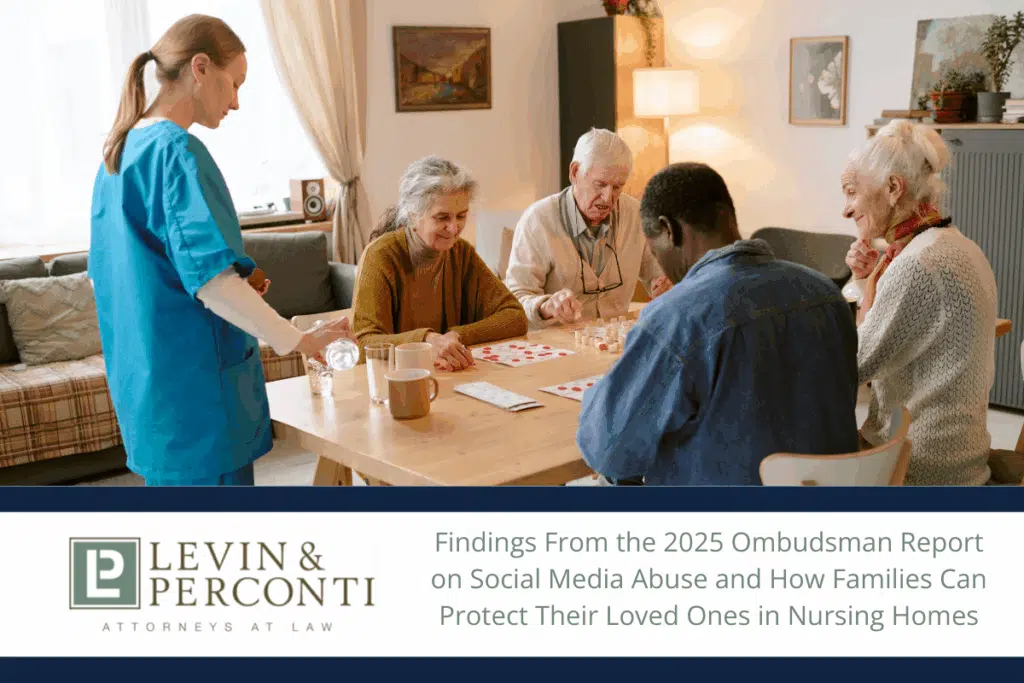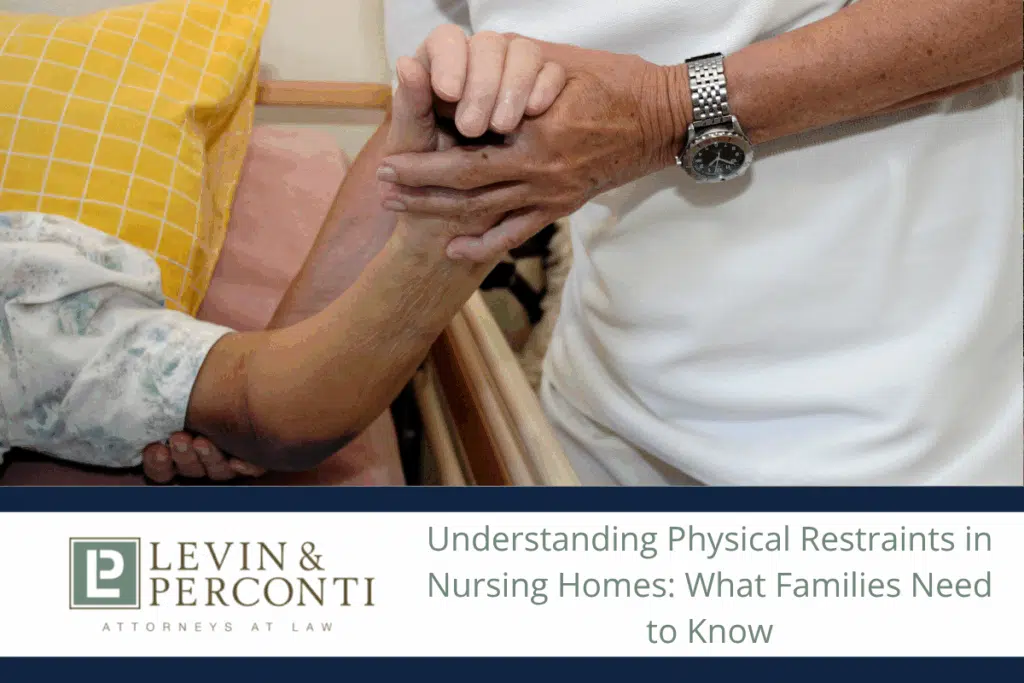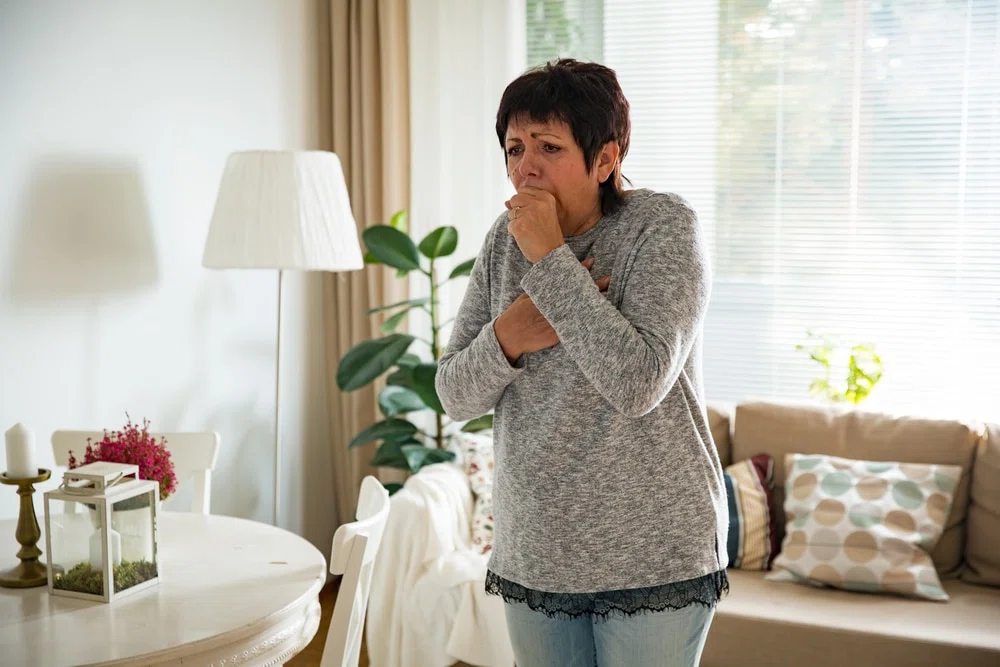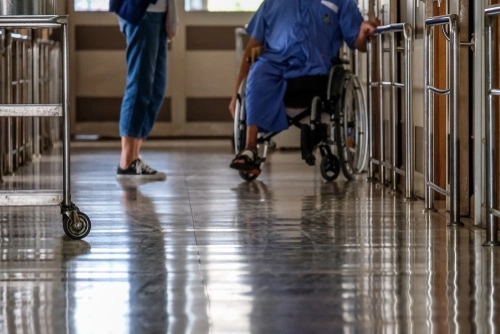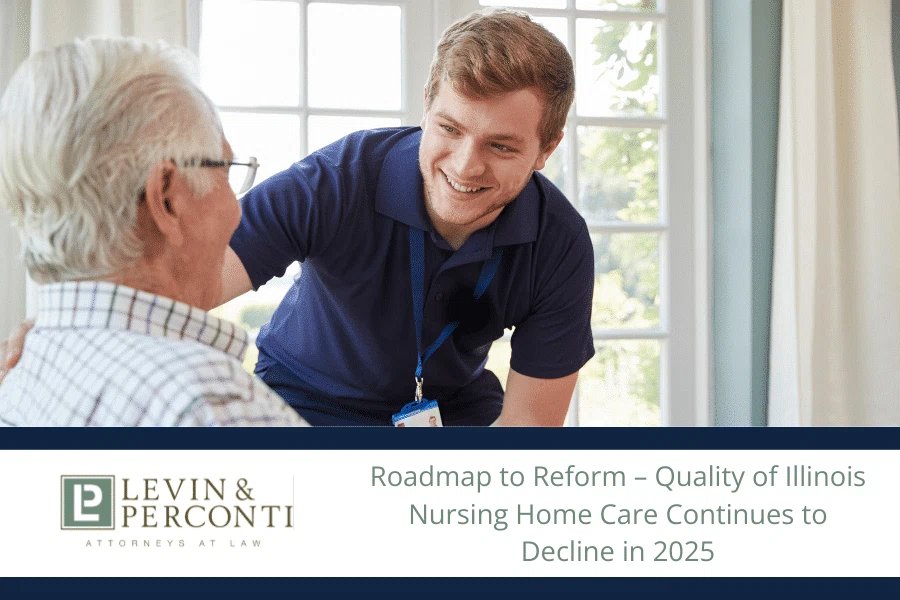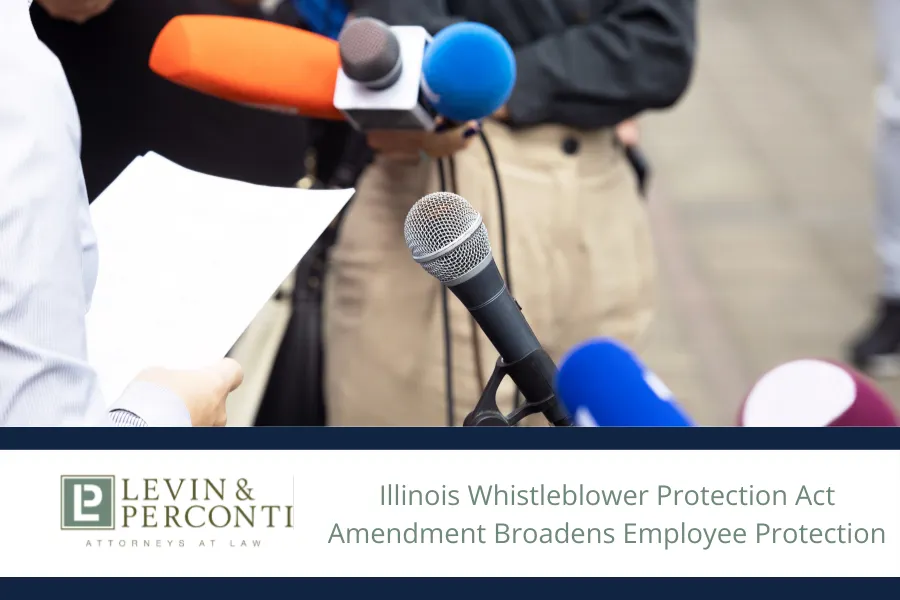A 2025 report from the U.S. Department of Health and Human Services’ Office of Inspector General (OIG) has revealed troubling gaps in the way nursing homes report serious resident falls. According to the report, 43% of falls in nursing homes that resulted in major injury and hospitalization failed to be reported in the required Minimum Data Set (MDS) resident assessments.
This kind of underreporting not only undermines transparency with families but also puts residents at serious risk. When major incidents are left untracked, facilities can avoid scrutiny, families are left in the dark, and regulators lose the ability to step in and enforce change. Just as importantly, it blocks timely intervention. If a resident has a history of falls that isn’t documented, other staff members may never be alerted to the danger. As a result, critical precautions aren’t taken, and residents who need extra attention are left vulnerable.
Illinois: Ranked Near the Bottom for Nursing Home Care
Illinois already finds itself in a dire position when it comes to long-term care. In fact, the state is currently 47th in the nation for nursing home quality.
Despite a major funding reform enacted in 2022, which brought in over $500 million to Illinois nursing homes, the reimbursement system is still tied to costs from 2017. This means facilities are trying to keep up with rising expenses under outdated payment formulas.
Margaret Battersby Black, managing partner at Levin & Perconti, has been a leading voice in calling for reform. In an August 2025 letter to the Chicago Tribune, she highlighted Illinois’s troubling ranking and exposed how many nursing homes exploit loopholes and a lack of financial transparency to sidestep accountability.
“If an Illinois nursing home is severely underinsured and residents suffer injuries or die due to the nursing home’s negligence, abuse, understaffing or poor care, there is little or no money for the victims or their families to recover.
Also, nursing homes may quickly switch ownership when accountability comes due. Victims and their families receive no justice for their loss and suffering. The nursing homes then may reopen under a different name.”Margaret Battersby Black, Chicago Tribune
What the OIG Report Means in Illinois
- Understaffing and poor staffing ratios remain widespread, undermining both care and supervision.
- Safety violations continue to be a frequent complaint, and enforcement remains inconsistent.
- Health outcomes for residents often lag behind national norms, particularly in facilities rated poorly under the federal system.
Levin & Perconti Speaks Out
In response to the OIG findings and Illinois’s poor ranking:
“When nursing homes fail to report major injuries from falls, they betray the trust of residents and families. Transparency isn’t optional; it’s fundamental. Illinois can’t claim progress when nearly half of severe incidents are hidden from the record.”
Michael F. Bonamarte, IV, Managing Partner
Likewise, Margaret’s letter in the Tribune emphasized that a ranking of 47th for nursing home care should alarm every policymaker and family in the state. She called for reforms that go beyond slogans: updated funding tied to real costs, stronger oversight, and legal protections that allow residents and families to hold facilities accountable without facing barriers.
What Needs to Change & How Levin & Perconti Is Fighting
To address these systemic failures and improve care for residents, Illinois must commit to several critical reforms:
- Modernize the reimbursement formula so that nursing homes are adequately funded in keeping with current costs; not those from years ago.
- Strengthen reporting requirements and enforcement, ensuring facilities are held accountable for failures to report, with real consequences for noncompliance.
- Improve staffing: more staff, better training, better oversight, especially for those with high injury risk.
- Legal access & accountability: ensure that residents and families can pursue justice when neglect or harm occurs, without suppression by corporate loopholes.
At Levin & Perconti, we continue to support families through litigation, advocacy, and pushing for legislative reforms. We believe that transparency, proper oversight, and holding facilities accountable when abuse and neglect take place is essential for protecting residents in the future and upholding the standard of care.
